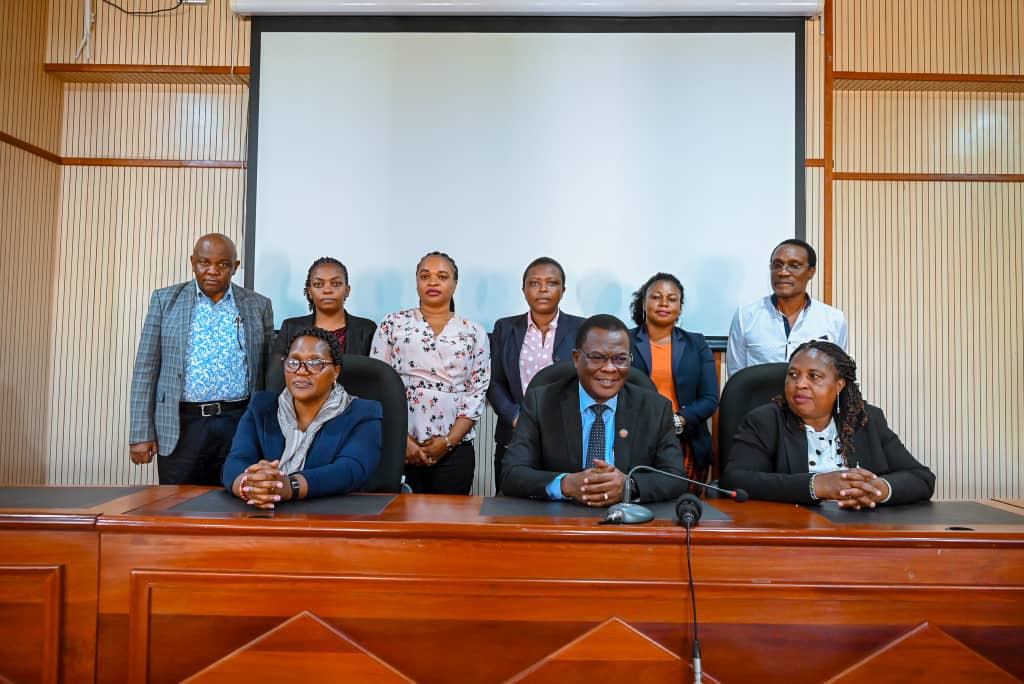The Tanzanian government is intensifying efforts to deepen financial inclusion by promoting the use of formal financial systems across the country, aiming to foster sustainable economic empowerment among its citizens.
At a high-level training session held in Dodoma, Dr. Charles Mwamwaja, Commissioner of the Financial Sector Development Department at the Ministry of Finance, called on microfinance coordinators from central ministries, regional authorities, and local governments to enhance public education on the benefits of registered financial institutions.
These include commercial banks, Savings and Credit Cooperative Societies (SACCOS), and Village Community Banks (VICOBA), all regulated under government oversight.
“Formal financial systems are critical enablers of economic resilience. Our coordinators must actively engage communities with practical knowledge to drive adoption of these platforms,” Dr. Mwamwaja said.
He emphasized that policy frameworks alone are insufficient without effective implementation, robust oversight, and continuous capacity building among frontline officials.
The training, conducted in partnership with the Bank of Tanzania, the Tanzania Cooperative Development Commission, and the President’s Office for Regional Administration and Local Government, targeted strengthening the skills and professionalism of microfinance coordinators nationwide.
Participants hailed the program as a strategic step to address knowledge gaps and improve financial literacy, crucial for expanding access to credit, savings, and investment opportunities.
“Building a financially savvy population is essential to unlocking Tanzania’s economic potential,” said Mohamed Nyange, Microfinance Coordinator from Bagamoyo District.
The initiative aligns with Tanzania’s broader economic agenda to stimulate inclusive growth, reduce poverty, and harness digital and institutional finance channels to empower underserved populations.
The program engaged representatives from 13 regions, including Mbeya, Dar es Salaam, Arusha, and Kilimanjaro, signaling a nationwide push to bolster financial education infrastructure.
As Tanzania accelerates its financial inclusion agenda, the government is betting on well-trained coordinators to bridge the gap between policy and practice transforming formal financial services into accessible tools for economic upliftment across urban and rural communities.

